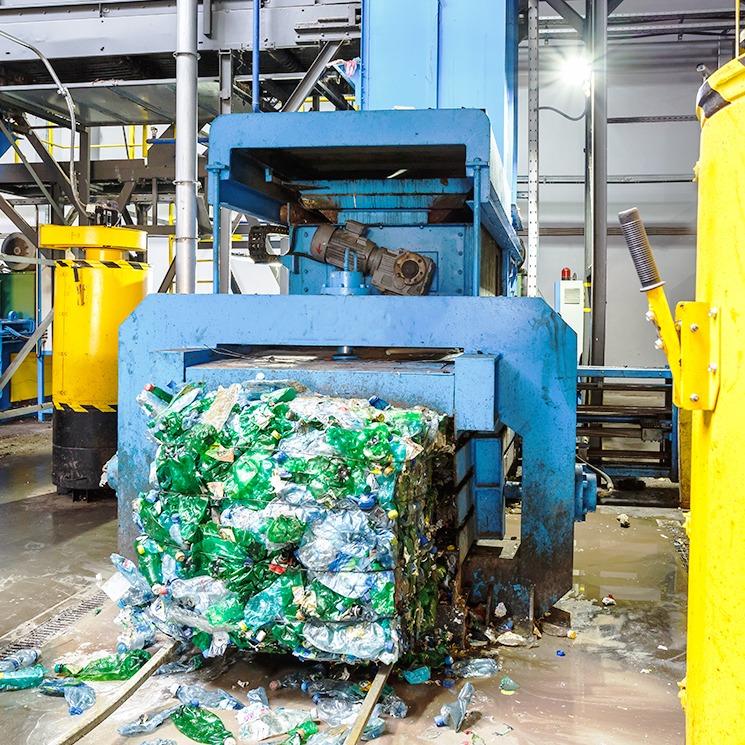The European plastics recycling industry is entering one of its most difficult phases in recent years. According to industry association Plastics Recyclers Europe (PRE), the sector is facing what it calls an “imminent collapse” driven by a surge in low-cost imports, declining demand for EU-made recyclates, increasing operational costs, and complex regulations that have slowed down recovery efforts.
PRE’s latest findings suggest that by the end of 2025, Europe could lose nearly one million tonnes of recycling capacity compared with 2023. Between January and July 2025 alone, capacity losses have already equalled those of the entire previous year, marking one of the sharpest declines in recent memory. Markets in Germany, the Netherlands, and the United Kingdom have experienced some of the most significant setbacks.
The organisation warns that this downturn is a clear reflection of the economic slowdown’s impact on the recycling sector. For the first time in several years, Europe’s recycling growth forecasts have flatlined, signalling a potential halt in the continent’s progress toward a circular economy.
In response, PRE is calling on policymakers to act swiftly. The group recommends the introduction of effective trade and market defence measures to protect EU recyclers from underpriced imports. It also urges consistent enforcement of Extended Producer Responsibility (EPR) frameworks across member states, simpler permitting procedures, and improved access to clean, affordable energy. Additionally, PRE emphasises the need for stronger customs controls and targeted investment incentives to help restore market stability.
The association cautions that if these challenges remain unaddressed, Europe risks undoing more than a decade of environmental progress. The collapse of the recycling sector, it says, could compromise both the EU’s climate goals and its leadership in sustainable innovation.
The coming months will be crucial for European policymakers and recyclers alike. Decisions made now will determine whether Europe strengthens its commitment to circularity or faces a setback that could reshape its environmental and industrial landscape for years to come.
Source: www.plasticsrecyclers.eu
